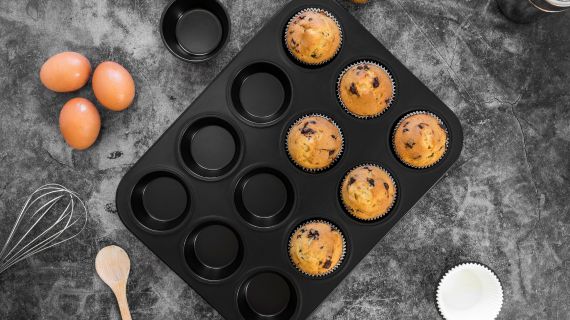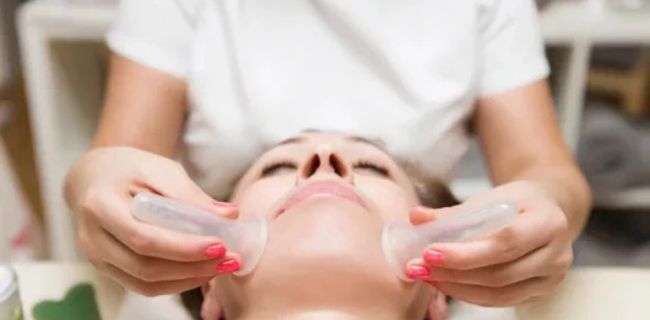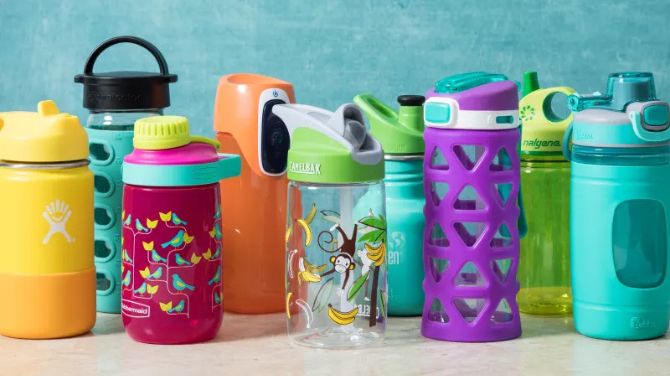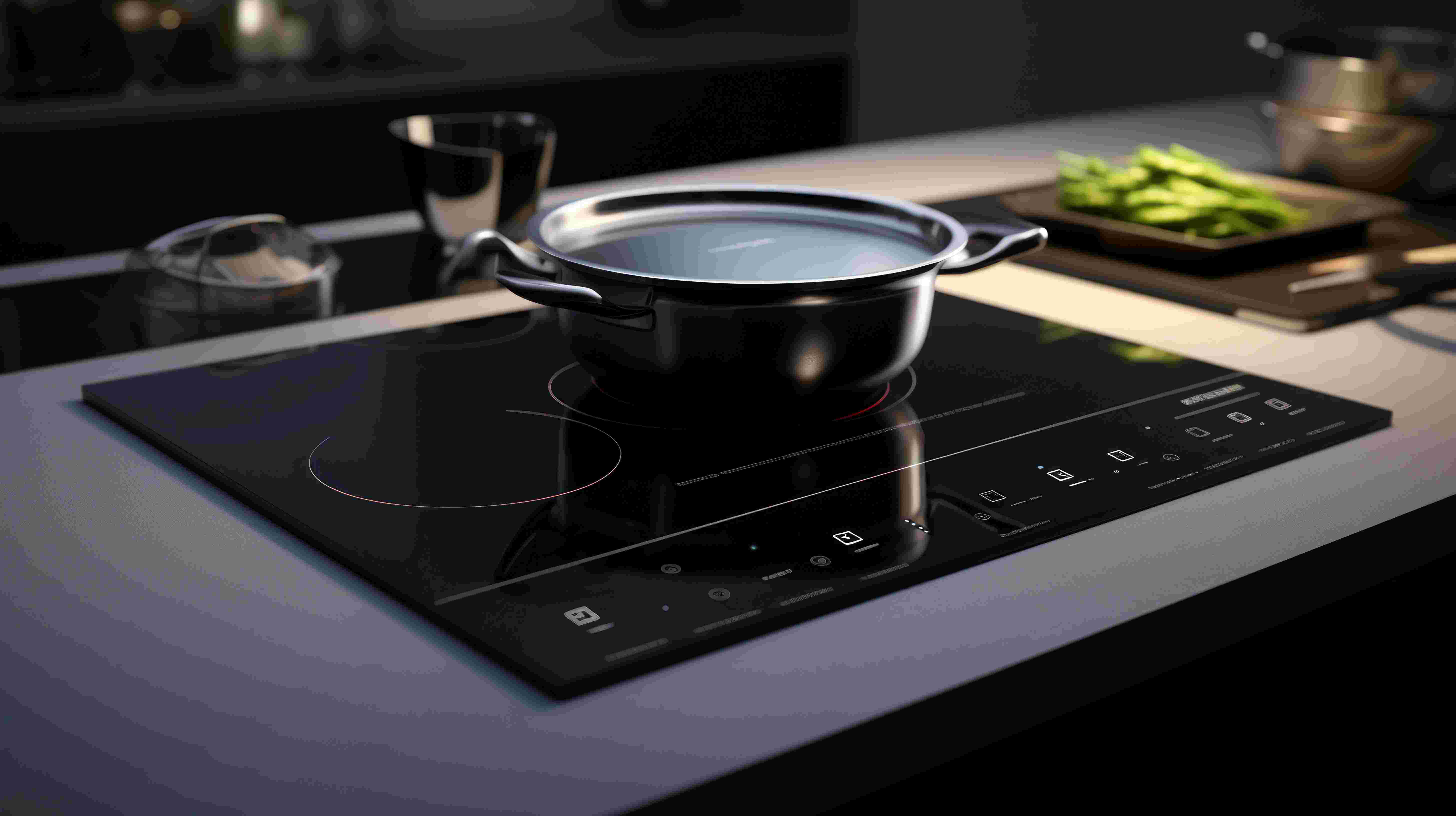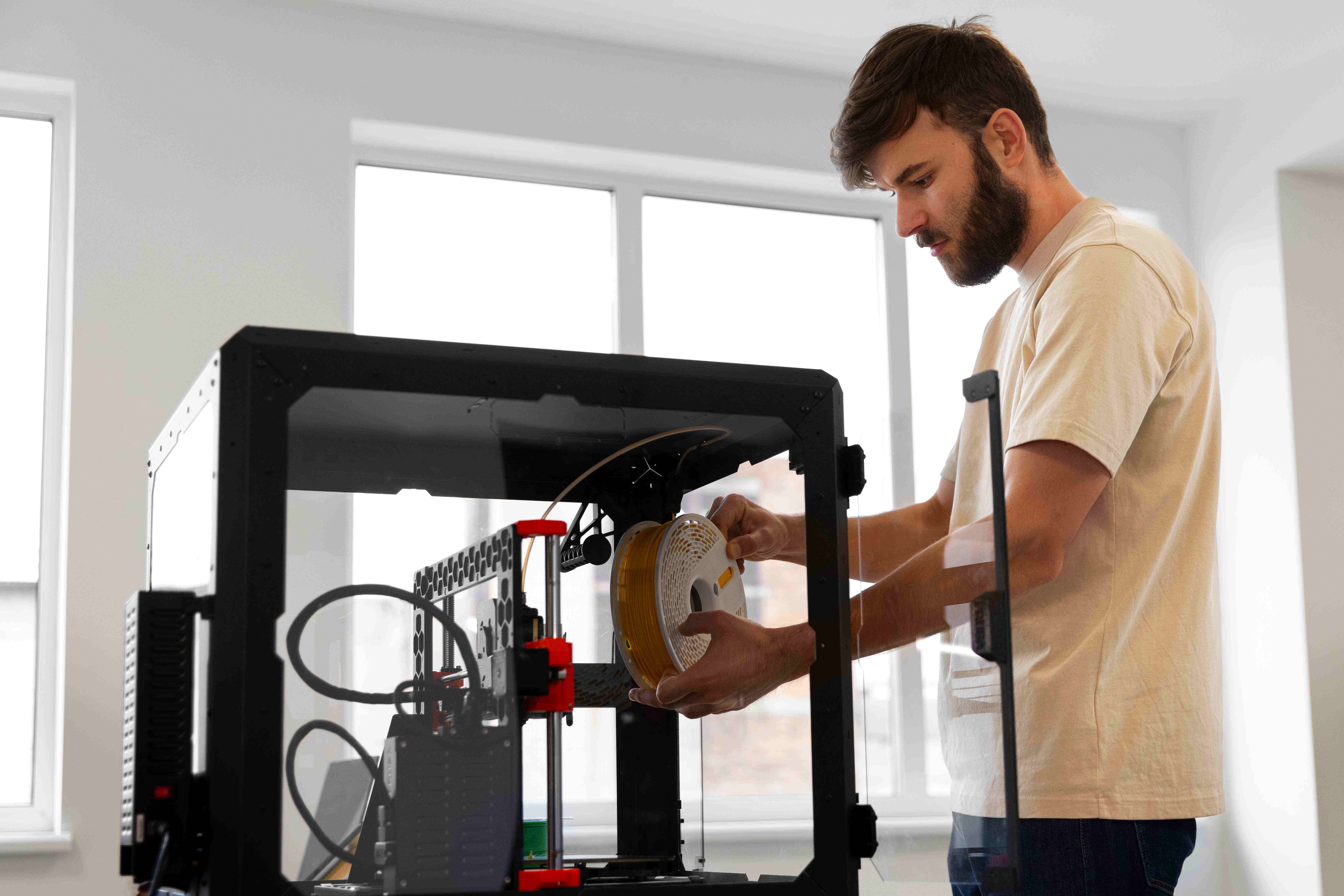 Google Ads Done Right – More Clicks, Less Waste!
Google Ads Done Right – More Clicks, Less Waste!
Are Silicone Spatulas Harmful? Facts You Need to Know
Written by dana » Updated on: January 07th, 2025

Silicone spatulas are a staple in modern kitchens. They’re versatile, durable, and heat-resistant, making them ideal for cooking and baking. However, many people wonder, Are silicone spatulas toxic? This article explores the safety of silicone spatulas, separating fact from fiction.
What Are Silicone Spatulas Made Of?
Silicone spatulas are crafted from silicone rubber. This material is made by combining silicon (from sand) with oxygen, carbon, and hydrogen. The resulting product is flexible, non-stick, and resistant to extreme temperatures. Unlike plastic, silicone doesn’t easily melt or degrade when exposed to heat.
Silicone is considered food-grade when manufactured to specific standards. Food-grade silicone is free from harmful chemicals like BPA and phthalates, ensuring it is safe for cooking.
Are Silicone Spatulas Toxic?
The question, "Are silicone spatulas toxic?" arises because people worry about chemicals leaching into their food. Silicone has been widely tested and is deemed non-toxic. It doesn’t release harmful substances under normal cooking conditions, even at high temperatures.
However, low-quality silicone products may contain fillers that compromise safety. To avoid these, choose spatulas labeled as 100% food-grade silicone. Reliable brands often provide certifications that prove their products meet safety standards.
Silicone vs. Other Materials: Safety Comparison
1. Plastic Utensils
Plastic utensils can release harmful chemicals like BPA when heated. Silicone is a safer alternative.
2. Metal Spatulas
While metal spatulas are sturdy, they can damage non-stick cookware. Silicone spatulas are gentle and non-abrasive.
3. Wooden Utensils
Wooden spatulas are natural but can absorb moisture, making them prone to bacteria buildup. Silicone is non-porous and easy to clean.
Temperature Resistance of Silicone Spatulas
One of silicone’s biggest advantages is its heat resistance. Food-grade silicone can withstand temperatures up to 250°C (482°F) without melting or degrading. This makes it ideal for cooking, baking, and even frying.
Using silicone spatulas within their temperature limits ensures safety. Overheating them can cause material breakdown, but this is uncommon in everyday use.
Common Myths About Silicone Spatulas
Myth 1: Silicone Releases Toxins at High Heat
This claim lacks scientific support. Food-grade silicone is stable and doesn’t release toxins under typical cooking conditions.
Myth 2: Silicone Is the Same as Plastic
Silicone and plastic are different materials. Unlike plastic, silicone doesn’t contain BPA or other harmful chemicals.
Myth 3: Silicone Isn’t Eco-Friendly
While silicone isn’t biodegradable, it’s more durable than plastic. This longevity reduces waste over time.
Tips for Choosing Safe Silicone Spatulas
Look for Food-Grade Labels
Always choose spatulas labeled as 100% food-grade silicone.
Buy From Trusted Brands
Reputable manufacturers follow strict quality standards.
Inspect for Fillers
Low-quality silicone may have fillers. Bend the spatula; if white shows through, it’s likely not pure silicone.
Check Certifications
Certifications like FDA or LFGB approval ensure the product meets safety standards.
Care and Maintenance for Silicone Spatulas
Proper care extends the lifespan of your silicone spatulas. Here’s how to maintain them:
Clean After Use
Wash with warm, soapy water to remove food residue.
Avoid Abrasive Cleaners
Use gentle sponges to prevent scratches.
Store in a Cool, Dry Place
Avoid exposing silicone utensils to direct sunlight for prolonged periods.
Inspect Regularly
Check for cracks or wear. Replace damaged spatulas to ensure safety.
Advantages of Using Silicone Spatulas
1. Durable and Long-Lasting
Silicone spatulas are resistant to wear and tear, ensuring they last for years.
2. Non-Stick Surface
Their smooth surface prevents food from sticking, making cooking easier.
3. Safe for Non-Stick Cookware
Unlike metal utensils, silicone spatulas don’t scratch or damage non-stick pans.
4. Easy to Clean
Silicone spatulas are dishwasher-safe and resist staining.
5. Odour and Stain Resistant
High-quality silicone doesn’t absorb odours or colours from food.
Are There Any Downsides to Silicone Spatulas?
While silicone spatulas are generally safe, there are a few potential concerns:
Cost
High-quality silicone utensils can be more expensive than plastic ones.
Not Biodegradable
Silicone isn’t eco-friendly, but its durability helps reduce waste over time.
Quality Variations
Low-quality silicone products may contain unsafe fillers. Always choose trusted brands.
Conclusion
So, "Are silicone spatulas toxic?" The answer is no, provided you choose high-quality, food-grade products. Silicone spatulas are safe, durable, and versatile, making them an excellent addition to your kitchen.
By selecting trusted brands and caring for your utensils properly, you can enjoy the benefits of silicone spatulas without worry. Their non-toxic nature, heat resistance, and ease of use make them a reliable choice for all your cooking needs.
Note: IndiBlogHub features both user-submitted and editorial content. We do not verify third-party contributions. Read our Disclaimer and Privacy Policyfor details.
Copyright © 2019-2025 IndiBlogHub.com. All rights reserved. Hosted on DigitalOcean for fast, reliable performance.


